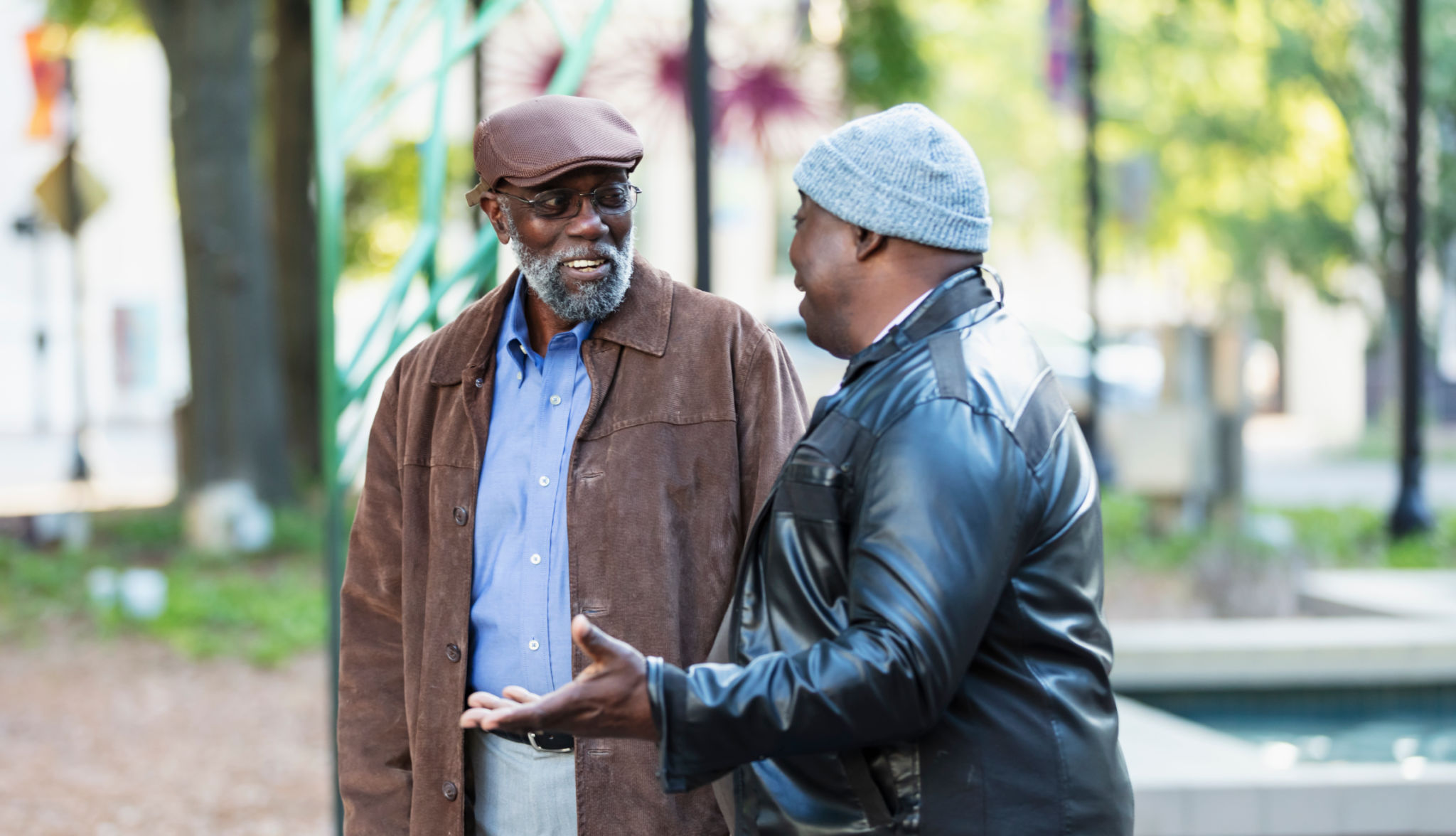Winter Healthcare Tips for the Elderly: Staying Healthy in the UK
Understanding the Challenges of Winter
As winter approaches, the elderly face unique challenges that can affect their health and well-being. The colder months bring about risks such as flu, hypothermia, and seasonal depression. It's crucial to be proactive in addressing these challenges to ensure a healthy and comfortable winter season.
Understanding these risks and taking preventive measures can significantly enhance the quality of life for the elderly. This guide provides essential tips to keep our seniors safe and healthy during winter.

Maintaining a Warm Environment
Keeping warm is vital during the winter months. Older adults are more susceptible to hypothermia, a dangerous drop in body temperature. Make sure their living spaces are adequately heated, ideally maintaining a temperature of at least 18°C (64°F).
Encourage the use of layers of clothing, as these trap heat more efficiently. Wearing hats, gloves, and scarves can also help retain warmth when going outside. Additionally, ensure that any drafts are sealed, and consider using thermal curtains to retain heat.

Staying Active Indoors
Physical activity is crucial for maintaining health, but cold weather can deter outdoor exercise. Encourage indoor activities like stretching, yoga, or light aerobic exercises. These can be done safely inside and help in maintaining mobility and circulation.
Consider community centers or online exercise classes designed for seniors. Staying active also helps in boosting mood and combating seasonal affective disorder (SAD), which can be prevalent during the darker months.
Nutritional Considerations
A balanced diet is essential for bolstering the immune system. Ensure that meals are rich in fruits, vegetables, whole grains, and protein. Vitamin D is particularly important during winter due to reduced sunlight exposure. Foods like oily fish, fortified cereals, and supplements can help maintain adequate levels.

Hydration is equally important, even in cold weather. Encourage a regular intake of fluids like water, herbal teas, and soups to keep the body well-hydrated.
Preventing Illness
Flu and colds are more common in winter, making vaccinations crucial. Ensure that seniors receive their flu shots and any other recommended vaccines. Regular hand washing and avoiding close contact with sick individuals can further reduce the risk of illness.
If symptoms of a cold or flu appear, it's important to seek medical advice promptly. Early treatment can prevent complications, ensuring a quicker recovery.

Staying Connected
Isolation can be a significant issue for the elderly, especially in winter. Encourage regular communication with family and friends through phone calls or video chats. Social engagement is key to mental well-being and can help combat loneliness.
Community groups or local clubs often offer activities and gatherings for seniors, providing an opportunity to socialize and stay active.
Final Thoughts
By taking proactive steps, we can ensure that our elderly loved ones stay healthy and comfortable throughout the winter months. From maintaining warmth and nutrition to encouraging social connections, each effort contributes to a safer and more enjoyable winter experience.
